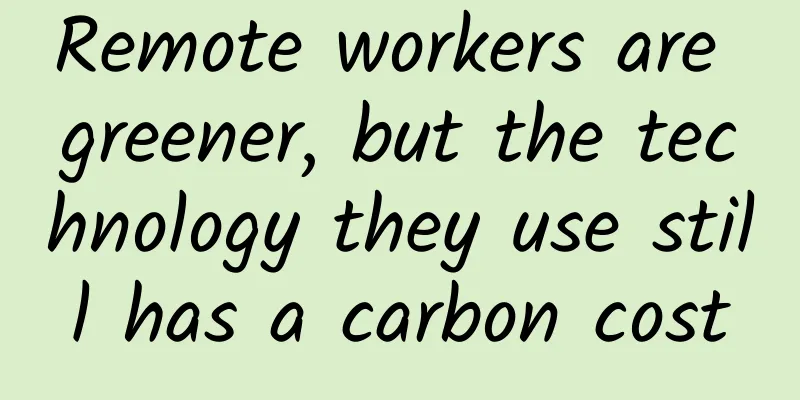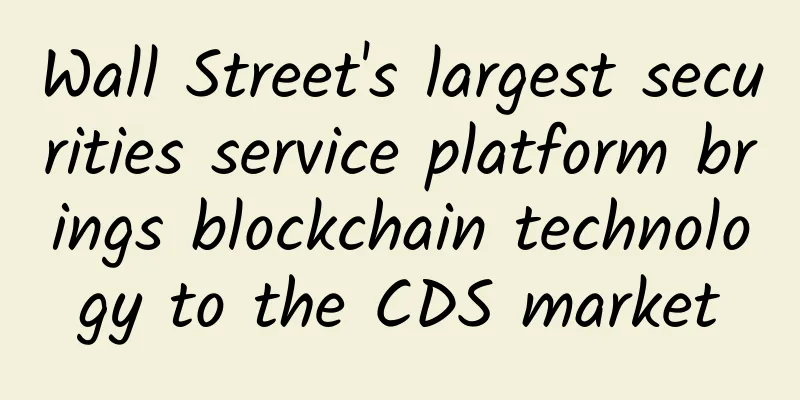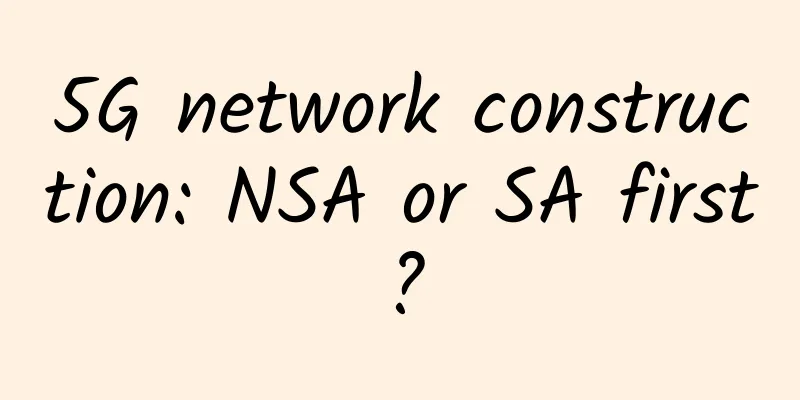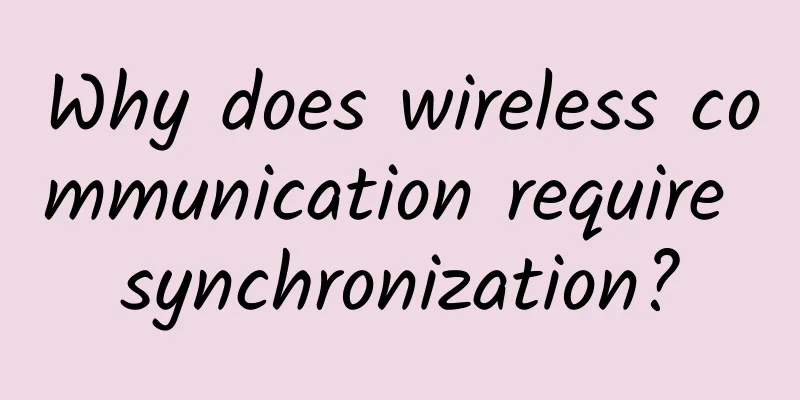Remote workers are greener, but the technology they use still has a carbon cost

|
According to foreign media TechCrunch, affected by the COVID-19 pandemic, many companies are turning to remote work models, resulting in a significant reduction in emissions from vehicles and other sources, but it also has its own costs. A new study proposes a tentative carbon cost for the connectivity and data infrastructure that makes working from home possible. These researchers from Purdue University, Yale University and MIT attempted to analyze the carbon, land and water costs of Internet infrastructure. "To build a sustainable digital world, it is necessary to carefully assess the environmental footprint of the Internet and identify the individual and collective actions that have the greatest impact on its development," they write in the paper's introduction. Using a single metric is too simplistic, they argue. Carbon emissions are a useful metric, but it’s also important to track where the electricity comes from, the water costs (from cooling and operating data centers), and the theoretical “cost of the land” needed to produce the product. “In any kind of calculation on this global scale, you need to make a lot of assumptions, and a lot of the data you need is missing,” said study lead author Kaveh Madani of Yale University in an email to TechCrunch. “But it’s a good start, and the best we could do with the data we had.” (Madani noted that a lack of transparency in the industry, rather than a lack of statistical and scientific rigor, was a bigger impediment to the study’s accuracy.) In one example they found, an hour of HD video streaming produced up to 440 grams of CO2 emissions -- YouTube's CO2 emissions ranged from 1,000 grams to 160 grams for Zoom and video conferencing, depending on the quality of the video. By comparison, the EPA says a modern car produces 8,887 grams of CO2 per gallon of gas. However, turning off the camera during an internet call could reduce those footprints by 96%. Streaming content in standard definition instead of high definition when using apps like Netflix or Hulu could also reduce footprints by 86%, the researchers estimated. But no one is suggesting that the shift to working from home or the increase in digital consumption is a bad thing. “Sure, virtual meetings are better for the environment than driving to a meeting location, but we can still do better,” Madani said. But researchers warn that if we don't know the costs of our choices, we can't make them in an informed way. "The banking system will tell you about the positive environmental impacts of going paperless, but no one tells you the benefits of turning off your camera or lowering the quality of your streaming. So without your consent, these platforms are increasing your environmental footprint," Madani said in a Purdue University news release. The internet's carbon footprint was already growing before the COVID-19 lockdowns, accounting for about 3.7% of global greenhouse gas emissions. But the water and land footprints of internet infrastructure have been largely overlooked in research on how internet use affects the environment, Madani said. Madani worked with Nateghi's group to study these footprints and how increased internet traffic affects them, finding that footprints vary not only by platform but also by country. The group collected data from Brazil, China, France, Germany, India, Iran, Japan, Mexico, Pakistan, Russia, South Africa, the United Kingdom and the United States. The researchers found that the carbon footprint of processing and transmitting internet data in the United States is 9% higher than the world median, but the water and land footprints are 45% and 58% lower, respectively. |
<<: How will the arrival of 5G affect smart cities and real estate?
>>: Adding more content rights makes 5G packages more popular
Recommend
What do Wi-Fi 4/5/6/7 stand for? Learn about the evolution of Wi-Fi in one article
Wi-Fi is the abbreviation of Wireless Fidelity. I...
NB-IoT smart door magnet market stimulated by the epidemic
In 2020, at the beginning of the new year, a &quo...
F5 Greater China Chief Technology Officer Wu Jingtao: Probeless real-time application big data collection engine implementation and AIOps realization
[51CTO.com original article] Recently, the WOT201...
Smart city becomes the new name card of Lanzhou New District: new momentum for the new district breeds new development
[51CTO.com original article] Not long ago, the 20...
Net neutrality dies at 2 years old
The Federal Communications Commission (FCC) voted...
GreenCloudVPS: 50% off AMD Ryzen series VPS, available in Hong Kong/Japan/Singapore/USA
I recently received an email from GreenCloudVPS, ...
Behind the popularity of blockchain concept, the real value lies here
In the era of Internet big data, people come into...
Upgrading to 5G packages is easy but canceling is difficult. You need to go to the business hall to handle it. Operators respond
In the past period of time, the three major opera...
Record an incident where a network request connection timed out
[[338985]] This article is reprinted from the WeC...
Top 10 Internet predictions for 2018: growth, screen-swiping, money-spending, and product evolution
Another year has passed, winter has gone and spri...
Network Quality of Service (QoS) Technology
1. Introduction Branches of the national financia...
The decline in operators' ability to generate revenue will affect the rapid deployment of 5G
The report on the economic operation of the commu...
Why does 6G run so fast?
The latest 6G speed created by Chinese scientists...
How does the famous CDN acceleration service accelerate access and distribute content?
Hello everyone, I am Bernie, an IT pre-sales engi...
"Seeing the world through the cloud and leading the future" Zijing Vision aims to build a cloud video ecosystem
[51CTO.com original article] On July 26, 2018, th...









